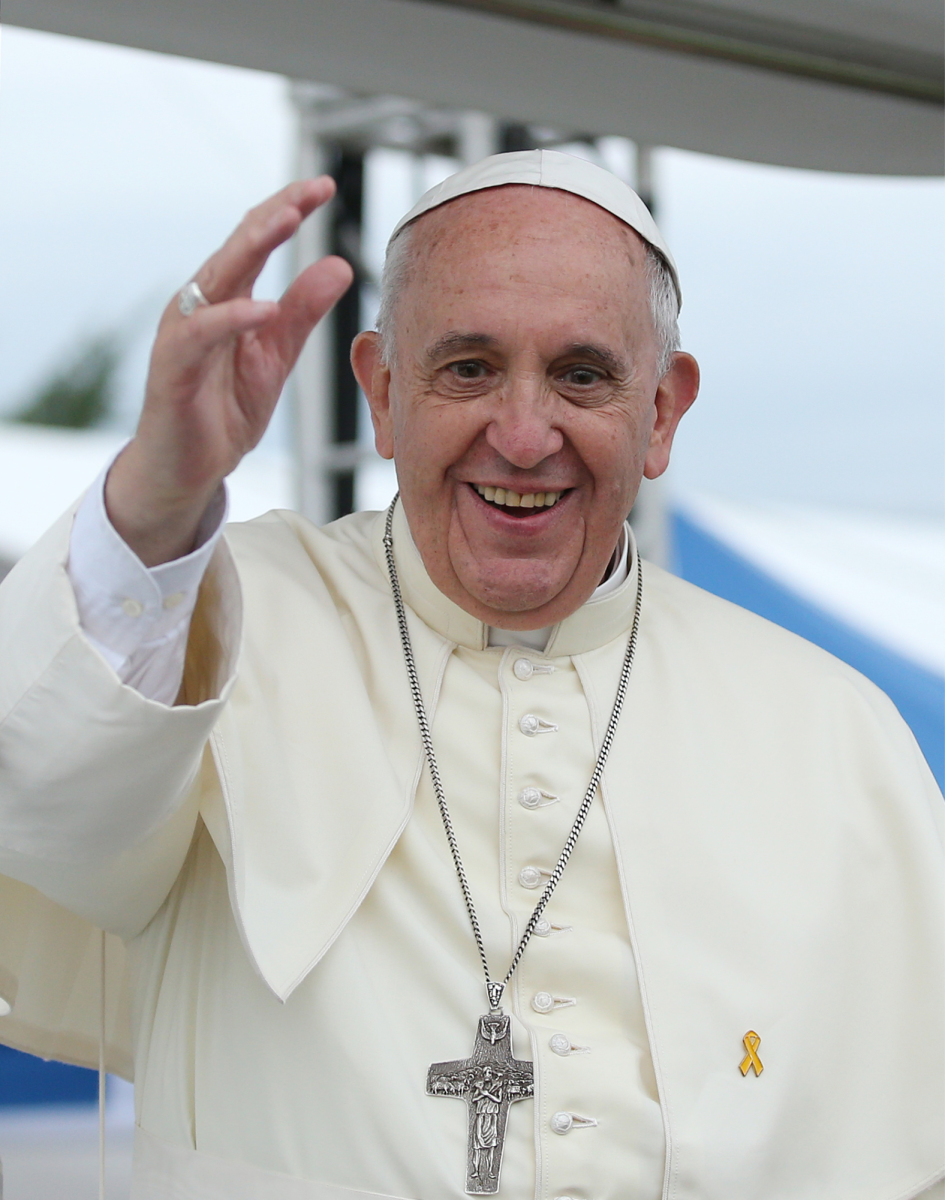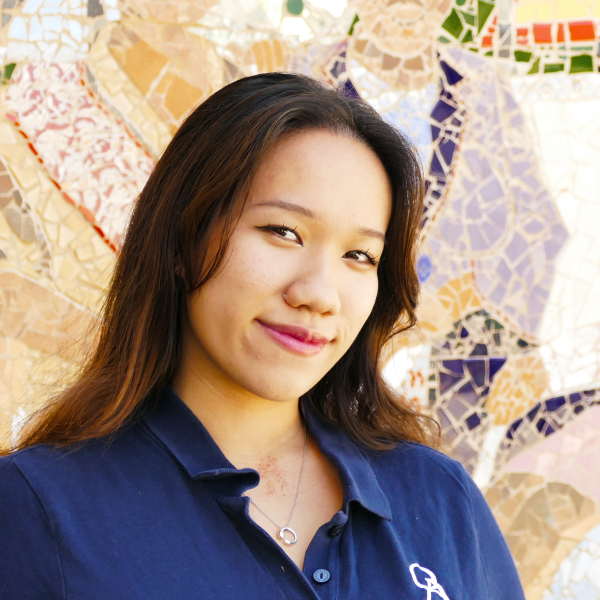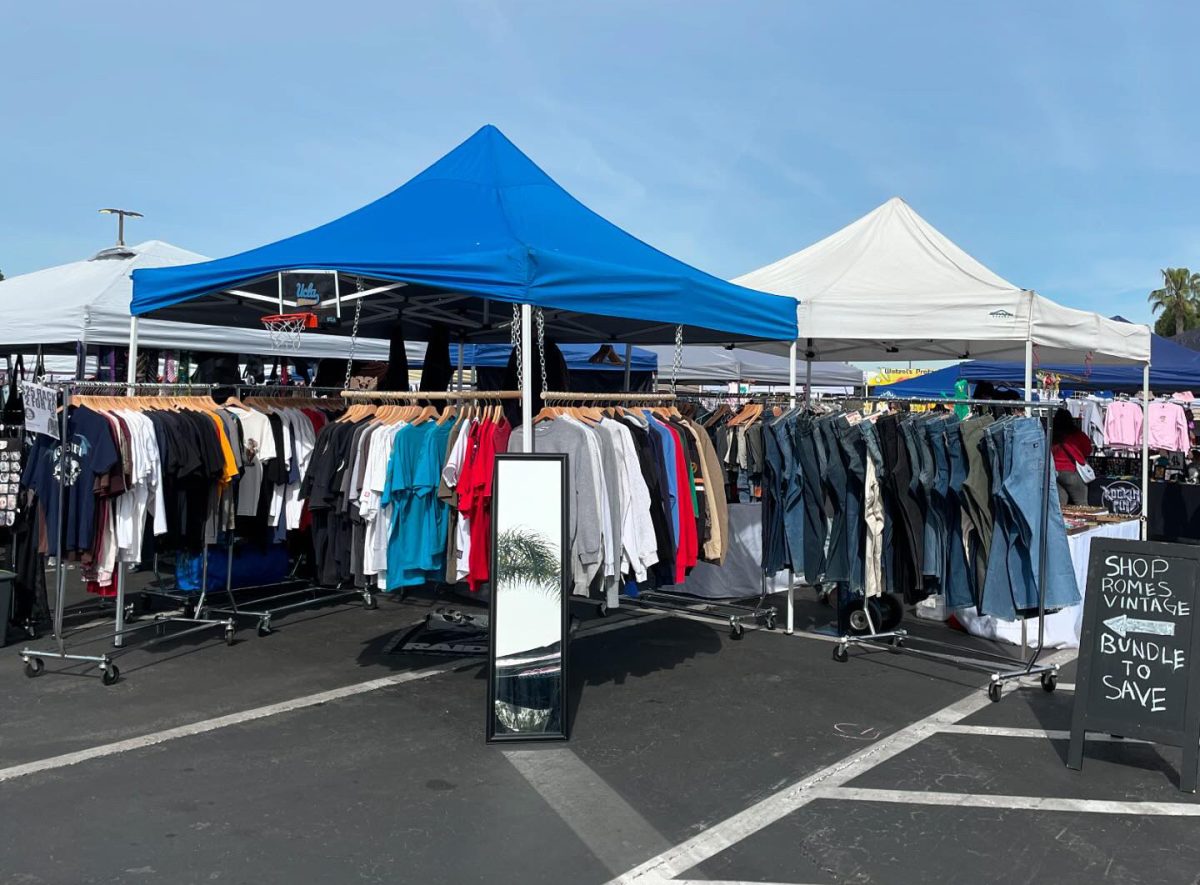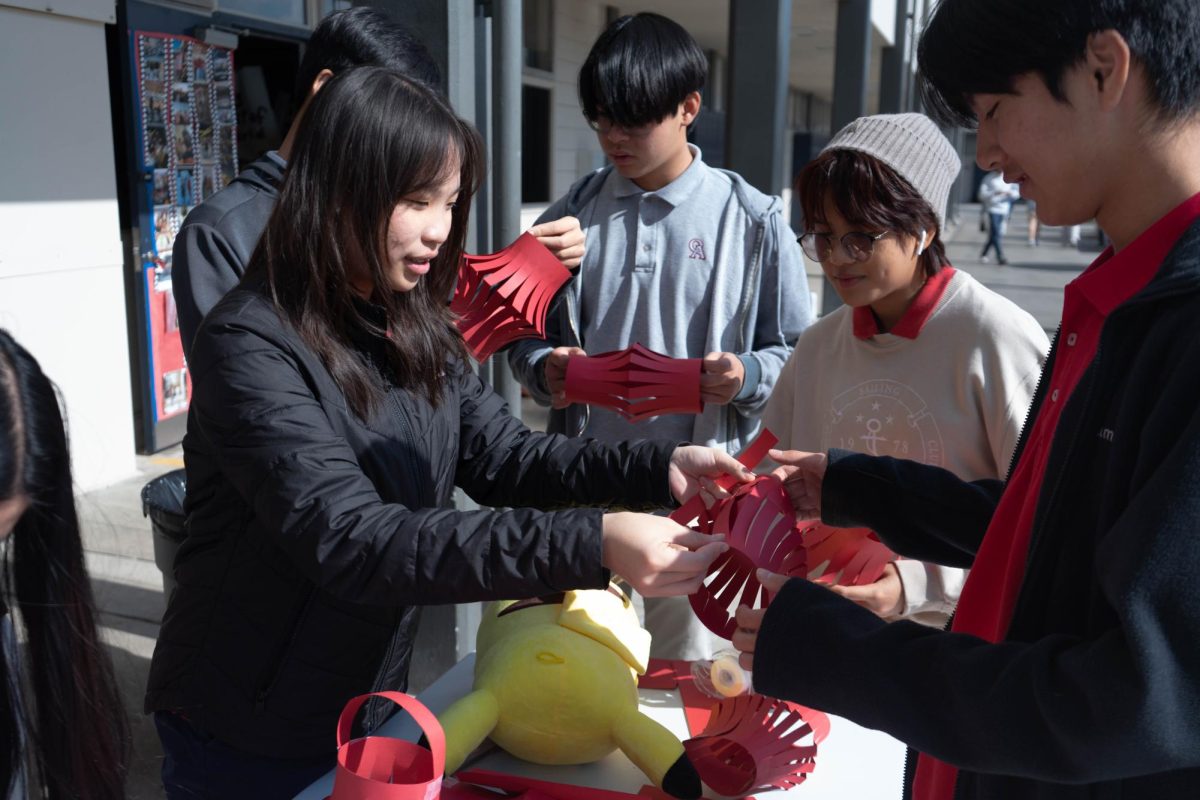Pope Francis, head of the Catholic church and Vatican City, passed away during the early hours of Easter Monday, 21 April 2025, due to a stroke stemming from earlier medical complications and issues throughout much of his life. He had made a public appearance just the day prior at the Vatican’s St. Peter’s Square for an Easter Sunday blessing.
The pope is the head of the sovereign city-state of Vatican City, as well as the head of the Catholic Church. This entails broad responsibilities like interpreting Catholic doctrine and being the spiritual leader to millions of Catholics worldwide, to more specific ones such as presiding over various religious holidays and passing blessings.
Pope Francis, born Jorge Mario Bergoglio, was pope from March 13, 2013, to his death on Monday. Pope Francis was the first Latin American pope, born in Argentina of Italian descent, and the first Jesuit to take the role, a religious order within the broader Catholic Church known for its focus on education and outreach to the marginalized.
Noted for his modern views and progressive actions, Pope Francis experienced much pushback from traditional observers of Catholicism, through his denouncement of anti-climate change views, pressure towards church leaders to listen to laypeople, and steps towards financial transparency of the powerful Vatican. He was known for his powerful political speeches condemning consumerism and capitalism, highlighting immigration and refugees. As a Jesuit, he visited many countries, notably many within “the Global South” such as Papua New Guinea, Kenya, and many countries in his native South America, seeking out impoverished people. In his final Easter Sunday address shortly before his passing, Pope Francis repeated his call for a ceasefire in Gaza, condemning the humanitarian situation in Palestine.
Pope Francis also received criticism from his most progressive supporters within the Church. He repeatedly cited that women could not be ordained as priests and deacons, never straying from the traditional teachings of women’s roles in the church, despite appointing the first woman as governor of the Vatican and opening other offices in the Vatican to women.
In line with many of his preferences in life, Pope Francis requested his burial to be a simple affair, free of the trappings of luxury of the Catholic Church. While previous popes were notably buried in three nested coffins, Pope Francis requested to be buried in a simple wooden casket. Of course, the death of the head of state and church commenced with a great level of grandeur and formality, despite his typical modesty, with many of the world’s high-ranking religious leaders, officials attending and wishing him farewell. Pope Francis requested in his will that his tomb should be simple, buried in the ground, with only the inscription “Franciscus.” This has been interpreted as yet another extension of his lifelong humility, with the chosen name Francis in honor of Saint Francis of Assasi, a saint known for his service to the poor.
The age-old process of choosing a new pope lies ahead, in this period of “papal interregnum,” or period without a pope. A secret conclave, a group of 135 cardinals, will meet for a private, formal vote within the Sistine Chapel, where the next Pope will be chosen. Top papal candidates include Cardinal Peter Erdo of Hungary, Cardinal Pietro Parolin, the Vatican’s secretary of state, and Cardinal Luis Tagle of the Philippines, among many other high-ranking members of the Church. The Vatican has set the papal conclave for May 7, with the process of deliberation historically having lasted from days to even years.




























































